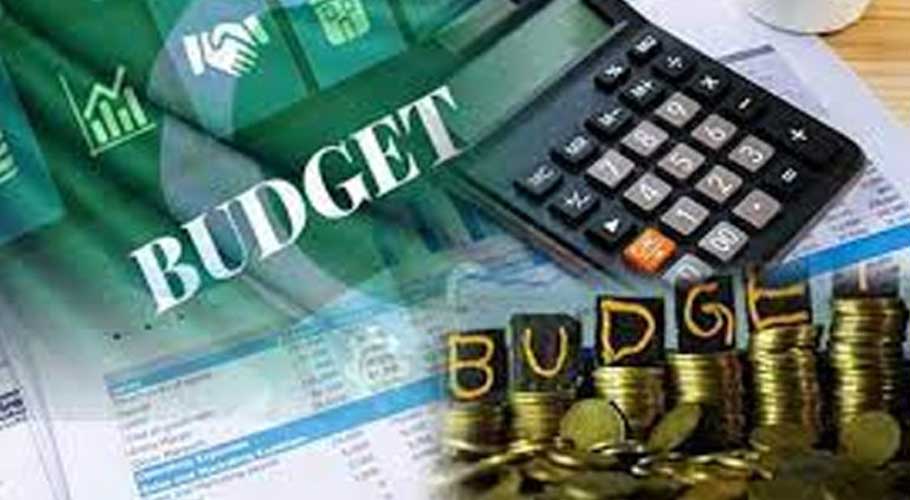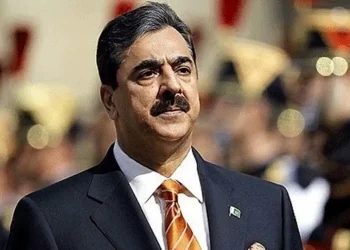Keeping the third wave of coronavirus in view, Ministry of Parliamentary Affairs along with National Assembly secretariat has started preparation for the upcoming federal budget 2021-22 which is scheduled to be presented by the second week of June.
It will be the biggest test for the new Finance Minister Shaukat Tarin, who has already started preparations for the budget to bring out-of-the-box solutions to shore up the economy, reduce inflation, and ensure price stability.
A review of Budget 2020-21
The Rs7.13 trillion tax-free budget announced by Federal Minister for Industries Hammad Azhar used COVID-19 more to cover up the problems of the Rs3.8 billion budget deficit, the largest in Pakistan’s history.
The budget cut down subsidies by 48 percent, hiked petroleum levy by almost 73 percent, freeze salaries and pensions, and failed to arrest the overall fiscal deficit during 2020-21, projected almost unchanged at 7 percent of GDP (7.2pc in budget 2019-20).
The budget 2020-21 is a traditional budget, which has no focus on changing economic priorities. Despite the economic crisis, the government has not reduced its non-development budget and funds for running government departments.
Shaukat Tarin on Budget 2020-21
Finance Minister Shaukat Tarin announced that income tax rates for the salaried class will not be increased in the upcoming budget. He hoped that in the next fiscal year 2021-22 the government can achieve 5% economic growth rate.
“The International Monetary Fund (IMF) has asked to set the Rs5.963 trillion tax target and the government will set the target close to it without taxing those who are already taxed,” he added.
To a question about how the government will attain over 20% growth rate without levying more taxes equal to 1.2% of the GDP, the minister said that this will be done through innovative ways and bringing retail sector in the tax net.
The government will also try to get some leeway from the IMF on further extension in the real estate tax amnesty scheme beyond June but this is not a matter of make or break for Pakistan’s economy, said Tarin.
What are the expectations for Budget 2021?
The ruling Pakistan Tehreek-e-Insaaf (PTI) made it clear that the budgetary targets would be finalised in consultation with the International Monetary Fund (IMF) and hinted at slapping additional taxes of less than Rs500 billion in the upcoming budget.
The salaries and pensions of government employees would be increased in the budget. The government would envisage GDP growth target of 5 percent and 8.2 percent inflation for the next fiscal year.
The development of the export sector will be the top priority of the government. Subsidies would be given on real consumption and a targeted strategy will be adopted in this regard.
Rise in electricity prices has been postponed for the time being. The remaining conditions of the IMF will be implemented.
The IMF conditions
In March this year, the government had secured a $500 million tranche from the IMF on successful completion of third, fourth and fifth reviews of the loan facility, taking the total amount received from the Fund to $1.94 billion.
However, the latest $500 million tranche was only released after the government had agreed to 1) generate Rs700 billion worth of additional GST and income tax in the coming budget; 2) raise Rs900 billion by making a 34%, or Rs5.36 per unit, raise in the power tariff; and 3) withdraw about 36 tax exemptions and streamline other corporate tax exemptions with an Rs140 billion financial impact.
In addition, the government also allowed greater autonomy to the SBP over price control by adopting exchange rate and monetary policy without the government’s interventions.




































